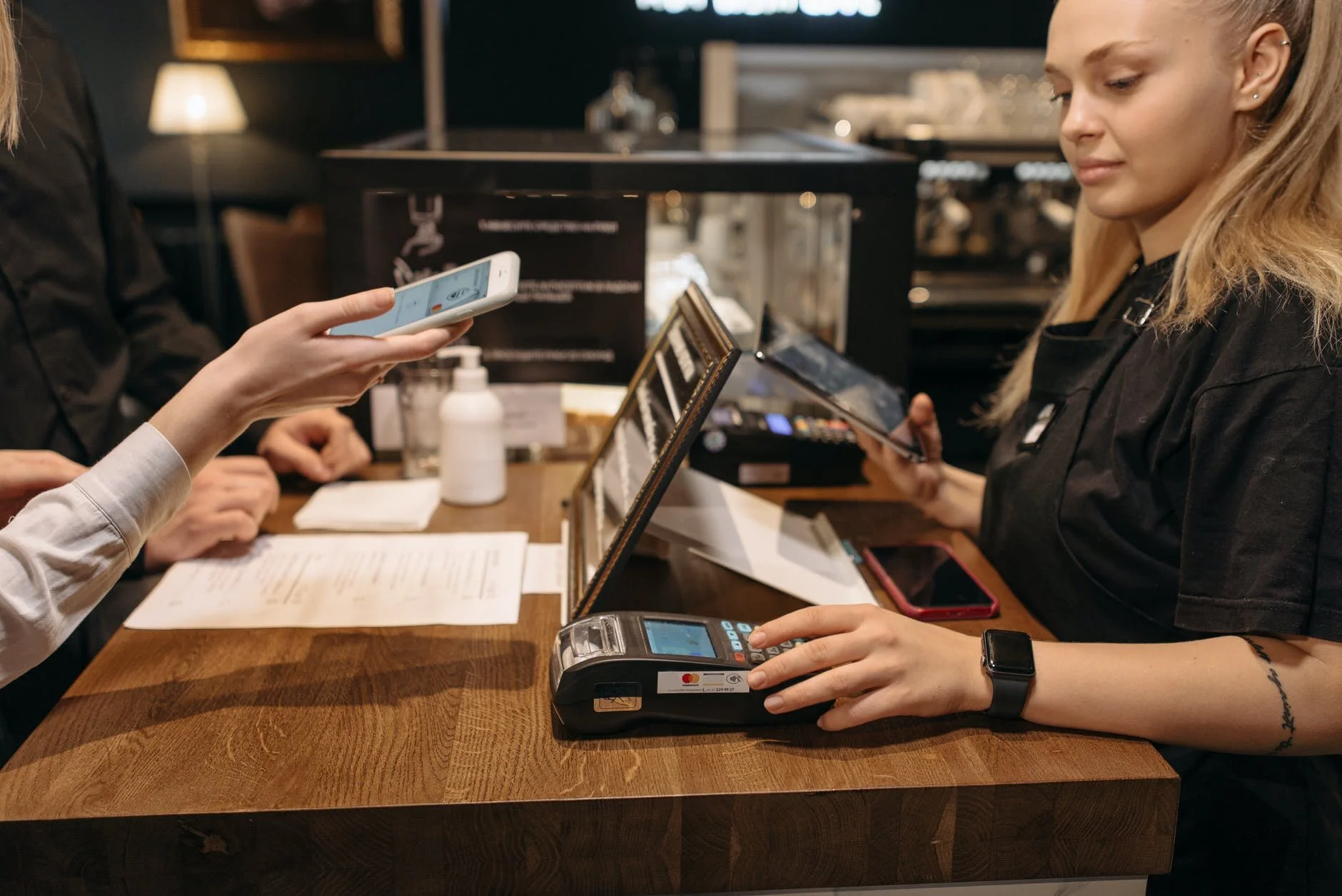In its annual report on the payments markets, UK Finance, the collective voice for some 300 firms in the UK banking and finance industry, revealed that contactless payments now account for more than a quarter of all UK payments. What’s more, more than half of all UK adults now regularly use mobile banking.
The report showed that in 2020, the number of contactless transactions climbed by more than 12 per cent to 9.6 billion, representing 27 per cent of all transactions by consumers and commercial organisations
Reflecting the lockdown lifestyle and the reluctance to handle cash, some 13.7 million consumers used cash only once a month or not at all – almost doubling the previous year’s 7.4 million total.
“83 per cent of UK consumers now use contactless payments
”
Perhaps even more remarkably, some 83 per cent of UK consumers now use contactless payments and that number doesn’t fall below 75 per cent for any region or age grouping.
David Postings, UK Finance Chief Executive said: “The pandemic resulted in some marked changes in payments behaviour and while it is too early to say whether these are permanent changes, we did see an acceleration in some existing trends.”
It does seem – especially as the pandemic lockdowns have continued into 2021 – that the acceleration in behavioural trends is likely to create habits that endure. And although the increase in the limit on contactless payments from £30 to £45 has also helped, the growing use mobile banking will also continue to boost the uptake of contactless payments.
It’s certainly something we have seen with our Onescan payments. Our patented system uses specially encrypted QR codes to generate payments and transactions from any smartphone that is linked to a payment card or bank account. We don’t have a £45 limit for any transaction, and there’s no need to download any app in advance. Transactions can be triggered from a screen, from a price tag, a printed card, or a retail terminal.
What’s more because each transaction is triggered individually there’s no need to store any personal financial information centrally, meaning Onescan transactions don’t create a database that could be targeted by financial hackers.
Onescan transactions also meet all the requirements of the EU’s PSD2 and Strong Customer Authentication regulations so retailers and payment providers adopting Onescan now are ready for the changing world of payments today as well as the rules and regulations of the fast-approaching future.
To find out more please contact us.


